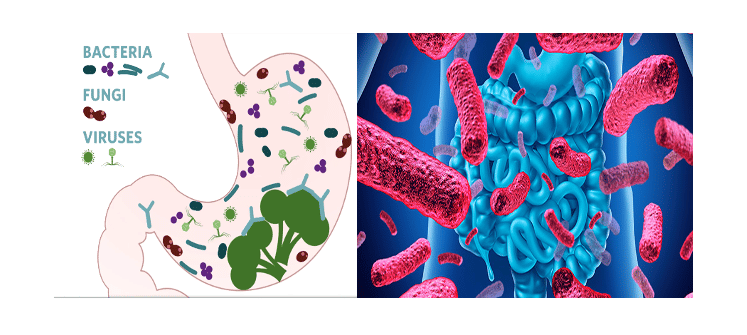Early Life Microbiome of Ghanaian Infants


The assembly and development of the gut microbiome in infants have important consequences for immediate and long-term health. Pre-term infants, born before 37 weeks of gestation, are increasingly affected both by prematurity and by complications associated with decreasing gestation age. Previous studies have hypothesized that antibiotic use by pre-term infants, coupled with their underdeveloped immune systems, promotes intestinal bacterial communities that are less diverse and enriched with potential pathogens. Pre-term infants also lack bacteria groups that are frequently found to colonize the gut of healthy full-term infants. Current knowledge of the influence of gestational age on the microbiome is largely restricted to Western countries and little is known about the microbiome of preterm infants in low- and middle-income countries (LMIC). Studies in Africa are particularly underrepresented despite the genetic, sociocultural, and dietary diversity found across the continent. Therefore, we set to investigate the association between gestational age and gut microbiome characteristics of Ghanaian infants within one-month post-delivery. We will collect fecal samples from 100 pre-term infants (cases) hospitalized in the neonatal intensive care unit (NICU) of Kole-Bu Teaching hospital (KTH), Ghana and 100 full-term infants (controls) at the KTH. Infants will be included in the study if they are within the required gestation age for pre-and full-term and ≤ 30 days of age at the time of enrolment. We will further collect clinical data on infant exposures, such as antibiotic administration, delivery mode, and breast milk feeding. DNA will be isolated from the 200 stool samples and will be subjected to 16S amplicon sequencing. We will analyse the sequence data derived from infants at the University of Lausanne using standard analysis pipelines for 16S analysis (QIIME2) and compare our data to similar studies in Western countries using datasets deposited in freely accessible repositories (QIITA, ENA, MG-Rast). Our expectation from this study is to identify microbial signatures that are depleted or enriched in the microbiome of pre-term infants compared to full-term infants and to suggest, based on these results, microbial intervention strategies to promote the health of pre-term infants.


